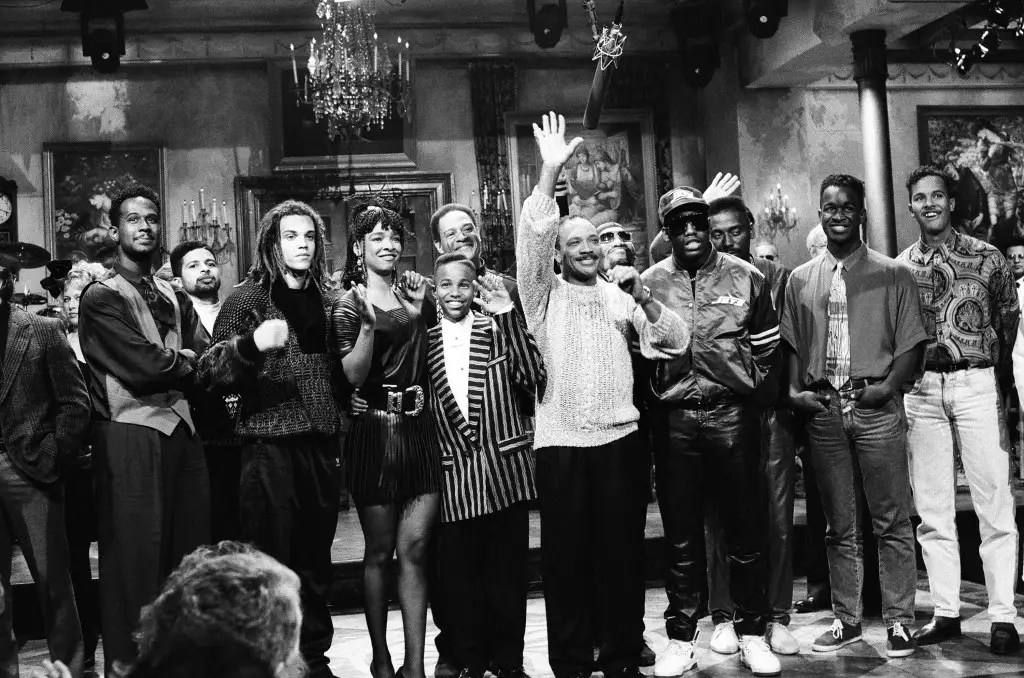The recent passing of Quincy Jones, celebrated musical legend and cultural icon, has left many in mourning. His remarkable career spanned an astonishing seven decades, making him one of the most prolific figures in the music industry. To commemorate his significant contributions, *Saturday Night Live* (SNL), the storied NBC sketch comedy show, dedicated a heartfelt tribute to him. With a simple yet poignant card displayed at the end of the episode, the show marked an end to an era while also recognizing the profound impact Jones had on music, film, and television.
Jones’ connection to *SNL* traces back to his hosting stint in February 1990, during which he showcased his immense talent by bringing an unprecedented ten musical guests to the stage. This achievement remains a benchmark in the show’s history. Among the talented performers he invited were renowned figures like Kool Moe Dee and Melle Mel, highlighting his deep connections within the music world. During that notable episode, he also took the opportunity to honor Nelson Mandela, addressing the audience with a sense of urgency and importance as Mandela awaited his release from prison in the coming hours. Such moments encapsulated not only Jones’ musical prowess but also his commitment to social issues.
As a revered musician, composer, and producer, Jones’ influence stretched far beyond mere performances. He played an instrumental role in the production of some of the most iconic music of all time, including Michael Jackson’s groundbreaking album *Thriller*. His collaborations were not limited to the pop genre; his efforts with icons like Frank Sinatra proved his versatility as a producer. Additionally, he ventured into film, producing the acclaimed adaptation of *The Color Purple*, further solidifying his status as a cultural touchstone.
In television, Jones enriched the soundtracks of numerous memorable shows and films, creating scores that still resonate with audiences today. His work adapted music in ways that enhanced the storytelling experience, ensuring that his songs would remain etched in popular culture.
Quincy’s legacy extends beyond entertainment; he was a father to seven children, including actress Rashida Jones, who has made significant strides in the industry herself. This personal and professional lineage showcases the intergenerational influence of his artistry. As the music world reflects on his passing, it is essential to recognize not only the hits that defined his career but also the countless artists he inspired throughout his life.
As we remember Quincy Jones, it becomes clear that his contributions were built on a foundation of talent, passion, and innovation. He leaves behind a formidable legacy that future generations will continue to admire and learn from, reminding us that music is not just a form of entertainment but a powerful vehicle for change, connection, and culture.


Leave a Reply